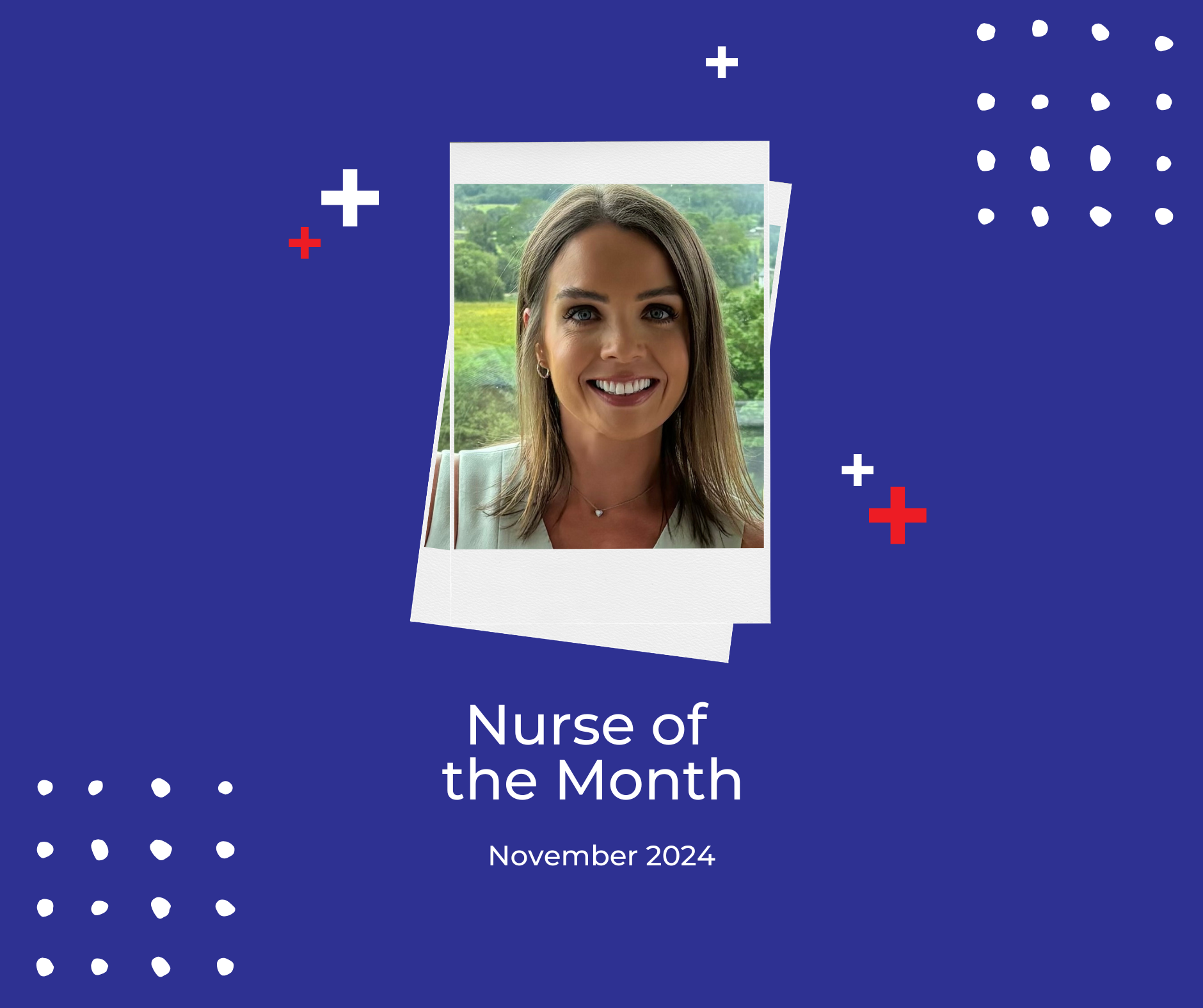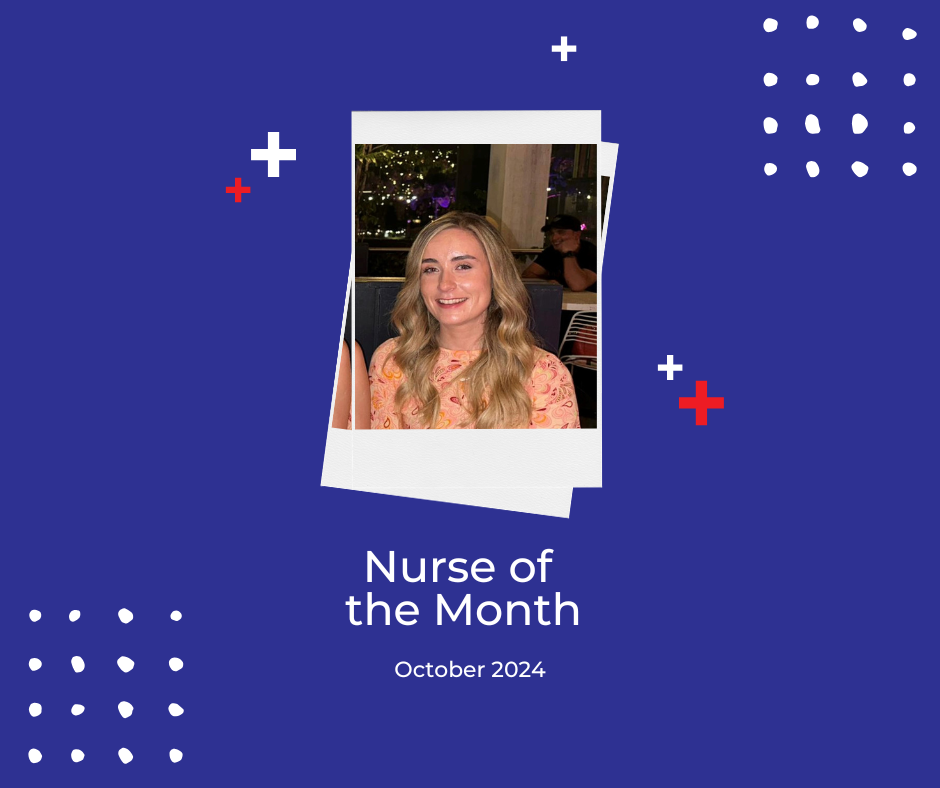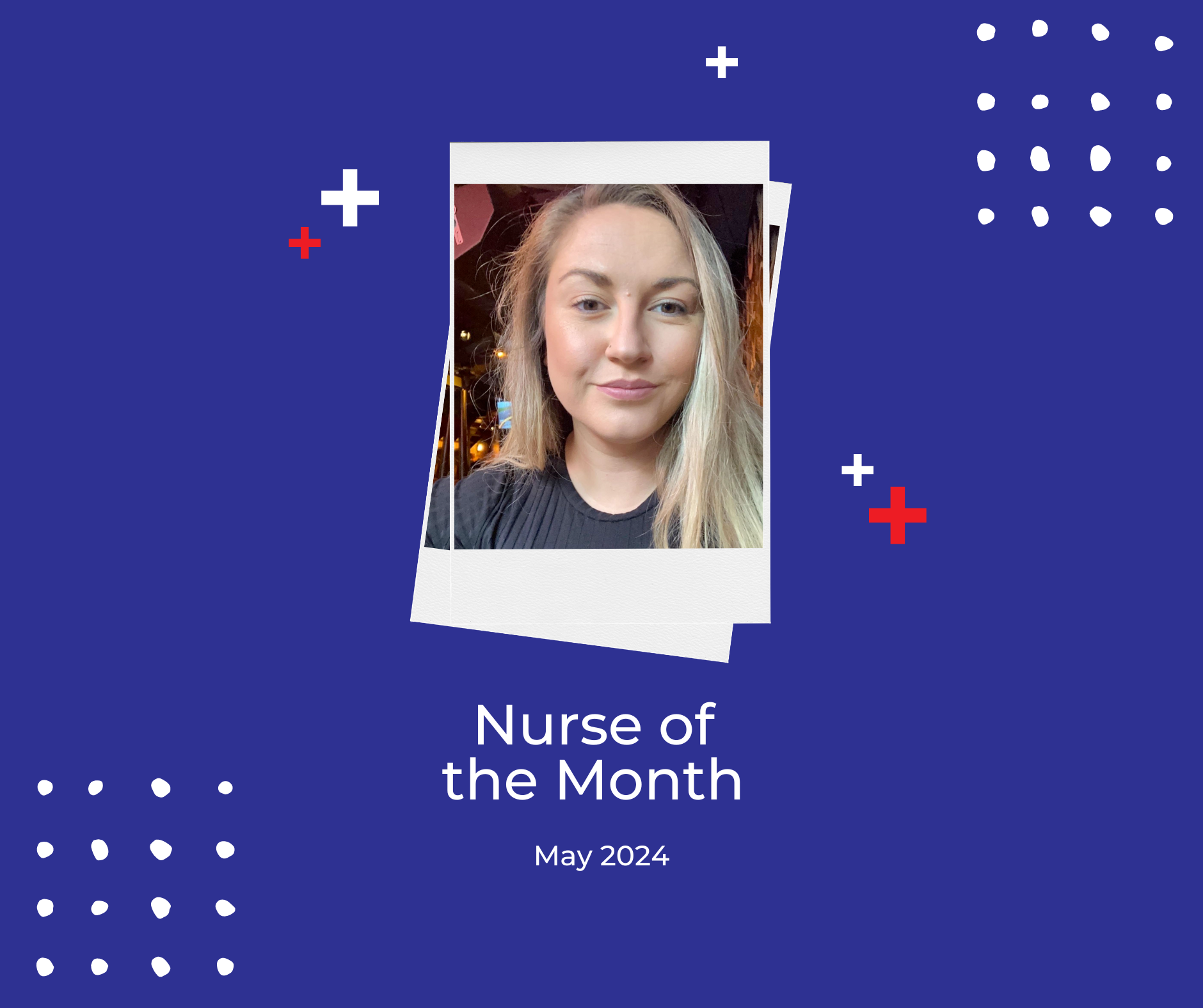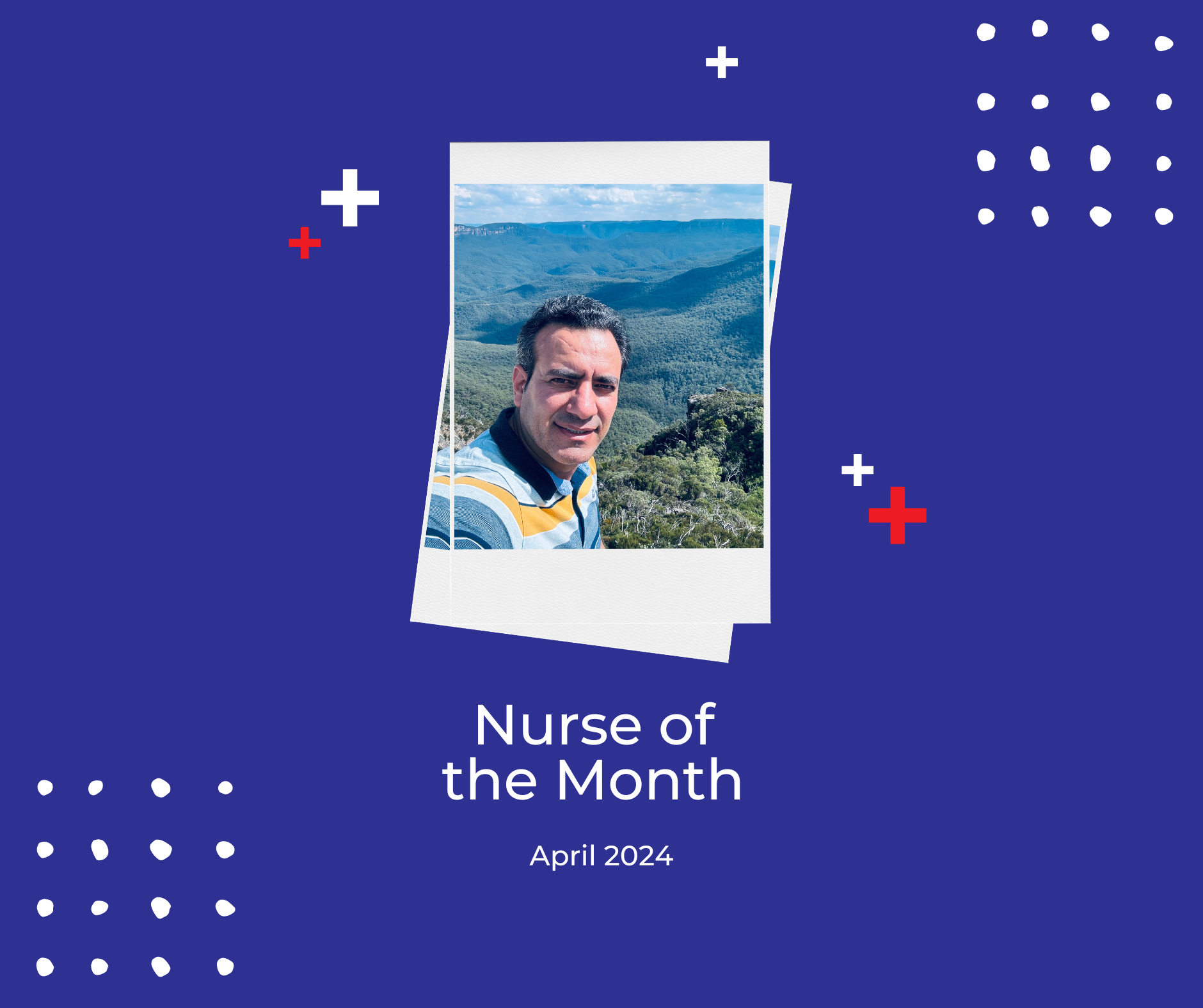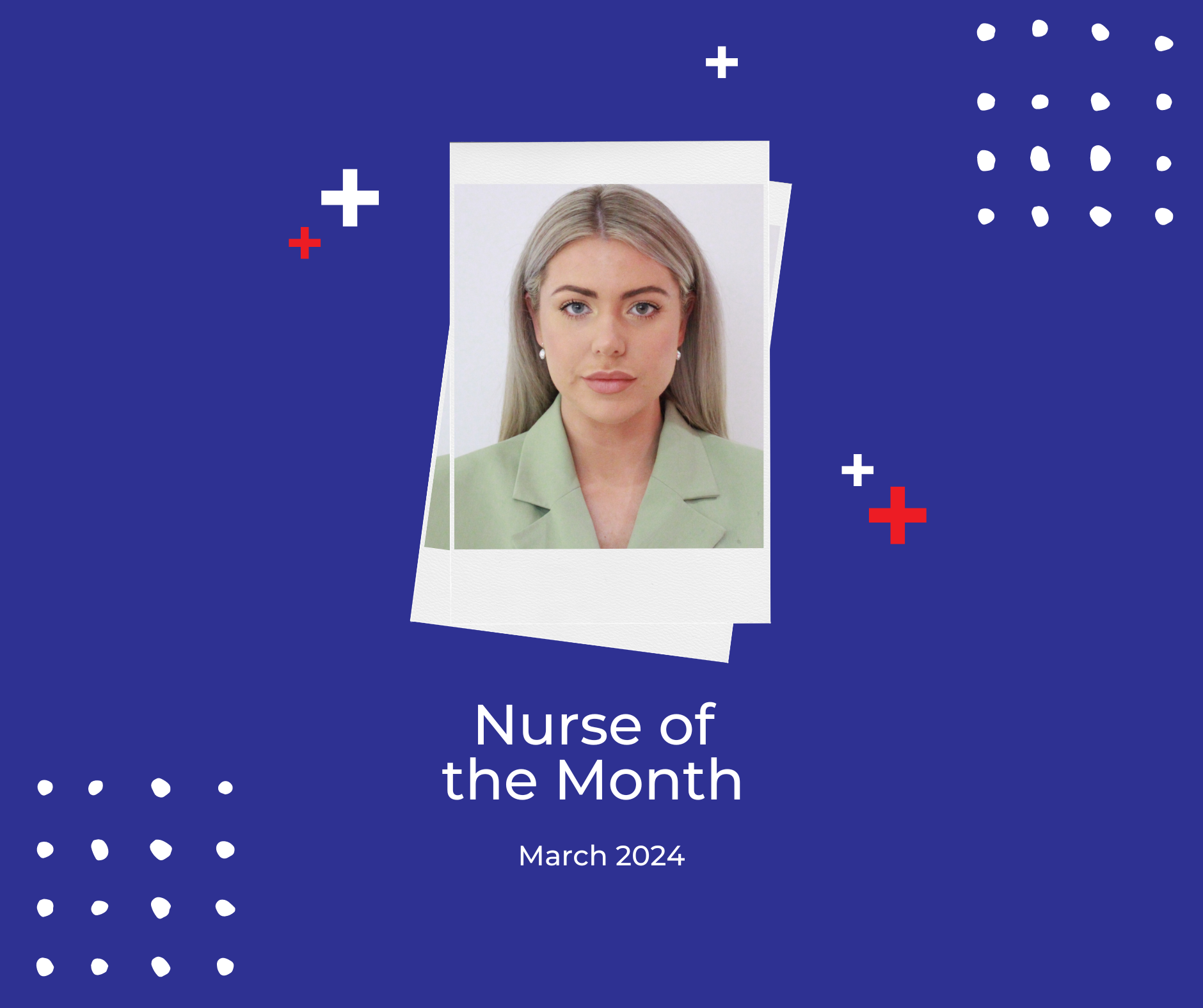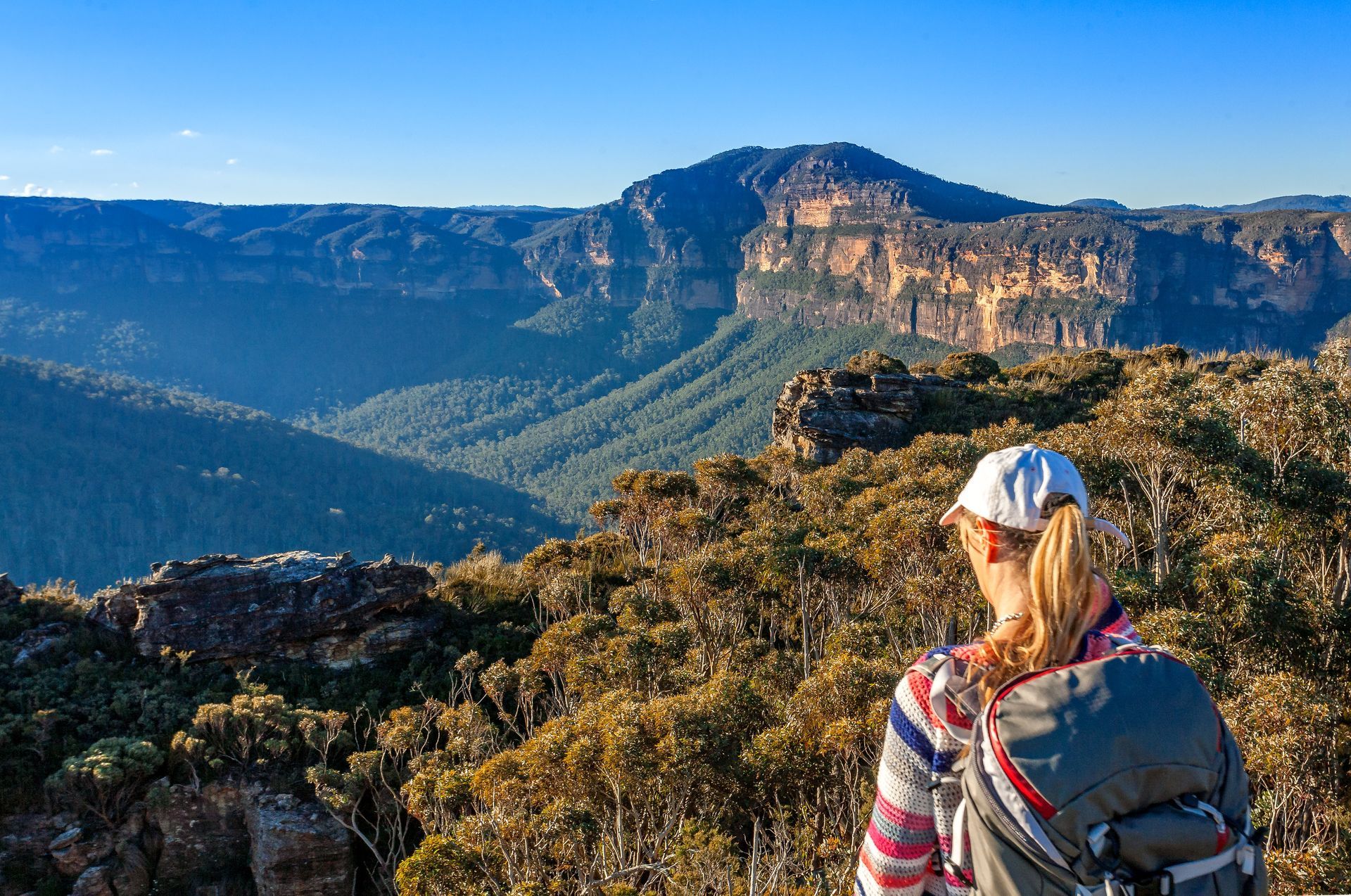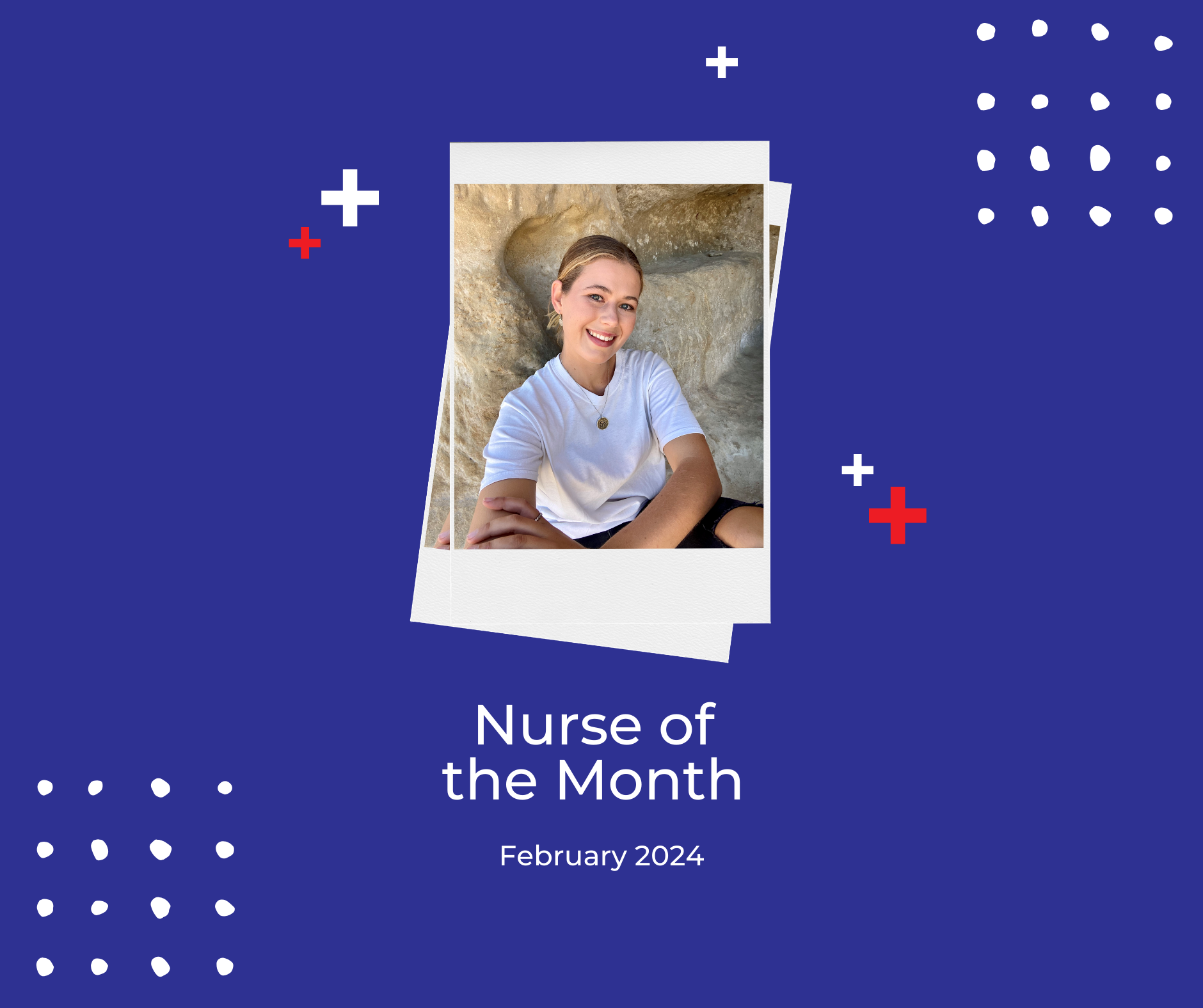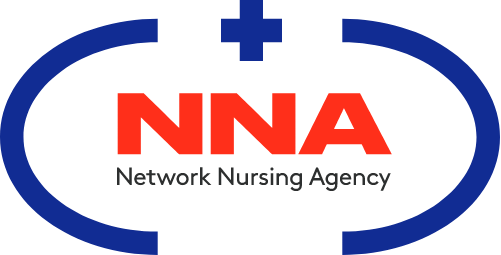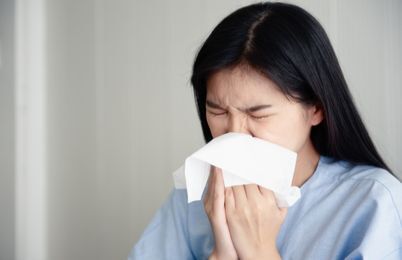Help stop the flu: Recommended vaccinations for this winter
It was predicted that Australia would see high cases of sickness throughout its 2022 winter period. Since enduring lockdowns, masks and social distancing, we’re seeing the world return to some normality, but the risk of flu spikes.
In 2022, 204,911 influenza cases have been reported to the National Notifiable Diseases Surveillance System (NNDSS) in Australia. From mid-April, we saw weekly confirmed influenza case numbers exceed the 5-year average.
As we see these sharp rises in the number of reported and confirmed influenza cases, coupled with the risk of Covid, many people in the community are at risk. In case you’ve been uncertain about getting your influenza shot we encourage you to speak to your GP or doctor. We’ve put together this guide to help support you see out this winter season in the best health possible.
What vaccinations should I get for winter?
There are two vaccines being recommended by the Australian government for this winter season. The influenza or flu vaccine protects you against the flu, while the COVID-19 booster is a single booster dose that is recommended for people aged 16 years or older, 3 months after the primary course. An additional booster dose (also known as a 4th dose) is recommended for people aged 50 years and older, 3 months after the first booster. Both vaccinations are free.
The good news is you can get both vaccines at the same time! Talk to your GP or local pharmacist today.
Who can get an influenza vaccine?
It is recommended that people aged 6 months and over receive the influenza vaccination. Under the National Immunisation Program, free influenza vaccinations are provided to the following groups as they are at higher risk:
· Children aged 6 months to less than 5 years
· All Aboriginal and Torres Strait Islander people aged 6 months and over
· People aged 6 months and over with certain medical conditions that increase their chance of severe influenza and its complications
· Pregnant women (at any stage during pregnancy)
· People aged 65 years and over
Other ways you can fight flu
Other than receiving the recommended vaccines, there are numerous of other activities you can do to keep yourself safe.
· Wash your hands
· Cover coughs and sneezes
· Avoid sharing (cups, towels etc.)
Much like preventing the spread of COVID, the risk of the flu can be minimized through good hygiene.
Making a health plan for winter
As Covid and the flu spreads throughout the community this winter, resulting in some of the highest influenza cases in years, a winter health plan will help prepare you if you are needing to stay at home.
What is a winter health plan? A winter health plan will help you know what to do if you get sick and identify who can support you during this time. If you become unwell, you may need someone to get your groceries, medication and give you a hand at home.
How can you make a health plan? Your winter health plan is about you and your needs. If you have a GP, get yourself in for an appointment to look at what might need to be in your health plan. This could include what vaccinations you may need to get, what you might need if you do fall unwell and how you access healthcare. You can also talk to your Support Worker on how they can help you if you get sick.
Assistance for people with disability and their families/friends/providers
To receive further assistance and information, we recommend having a chat to your doctor or local pharmacy about getting the flu or COVID booster vaccinations Further information about these vaccinations and keeping safe this winter can be found on the below resources. If you are a customer of NNA Direct Support Service, please feel free to reach out to us or your Support Worker for help.
· Disability Gateway on 1800 643 787 (Open from 8 am to 8 pm, Monday to Friday)
· Department of Health website at www.health.gov.au
· National Coronavirus & COVID-19 Vaccine Helpline on 1800 020 080 (people with disability/families/carers can select Option 5, disability workers can select Option 4).
· For information in a language other than English, call the National Coronavirus and COVID-19 Vaccine Helpline on 1800 020 080 and press option 8. This is a free service.
· The Translating and Interpreting Service is also available on 131 450.
· For people who are deaf, or have a hearing or speech impairment, call the National Relay Service on 133 677.
